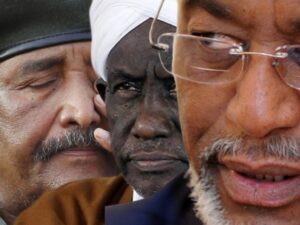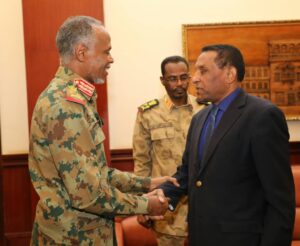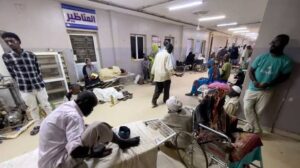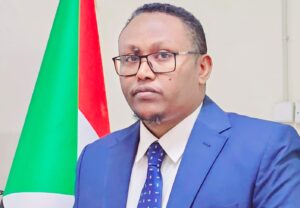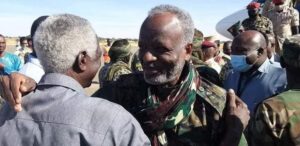The Military Government in Sudan: The Illusion of Legitimacy and the Imperative for International Vigilance!
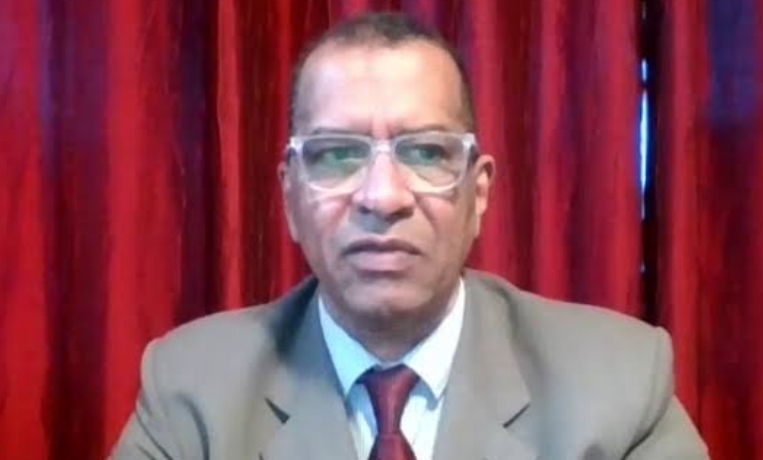
الدكتور ابراهيم مخير، عضو المكتب الاستشاري لقائد قوات الدعم السريع.
Dr. Ibrahim Mukhayer RSF advisor
Political legitimacy is defined as the recognised and justified right to govern, grounded in popular consent, constitutional authority, and adherence to democratic principles.
In Sudan, the military government in portsudan, led by General Al Burhan, has faced a profound crisis of legitimacy since the October 2021 coup, which ousted the transitional civilian government.
This act violated Sudan’s Constitutional Declaration, the agreement between civilians and the military and the African Union’s Lomé Declaration, both of which explicitly reject unconstitutional changes in government (African Union, 2000).
Since the coup, the military authorities have pursued a strategy of superficial reforms, most recently appointing a civilian prime minister while maintaining complete control over state institutions.
These measures aim to appease the international community without enacting substantive changes that would foster genuine peace or inclusive political consensus. Despite public pledges to pursue a democratic transition, the military continues to suppress opposition, dismiss serious peace negotiations, and exclude civilian voices from decision-making under its authority (Human Rights Watch, 2022).
The situation is further complicated by the role of the Muslim Brotherhood. This extreme political movement instigated and dominated the coup. The Islamist movement rejects international law in its literature, favoring its own interpretation of Islamic Sharia and resorting to violence over dialogue when its vision is not fully implemented.
This approach poses a significant barrier to stability and to achieving a lasting, inclusive political solution that enjoys international acceptance and represents all segments of Sudanese society.
The African Union’s decision to suspend Sudan’s membership was a fitting response, affirming that no regime seizing power by force can be considered legitimate (Al Jazeera, 2021).
Similarly, the United Nations, the European Union, and the United States have refused to recognise the military government, though they have engaged with it as a de facto authority to address humanitarian situation and support ceasefire efforts.
This international stance reinforces the message that democratic principles are non-negotiable (United Nations Security Council, 2021).
To maintain this pressure, international policymakers must continue to withhold recognition from the de facto government and demand adherence to transparent, measurable international directives.
Sudan’s civil society, including the Sudan Founding Alliance, requires diplomatic support to expose the regime’s duplicity through credible reporting, independent media, and linking international engagement to tangible progress.
Through these efforts, the international community can prevent the normalisation of military rule and support the establishment of legitimate civilian governance (International Crisis Group, 2022).



